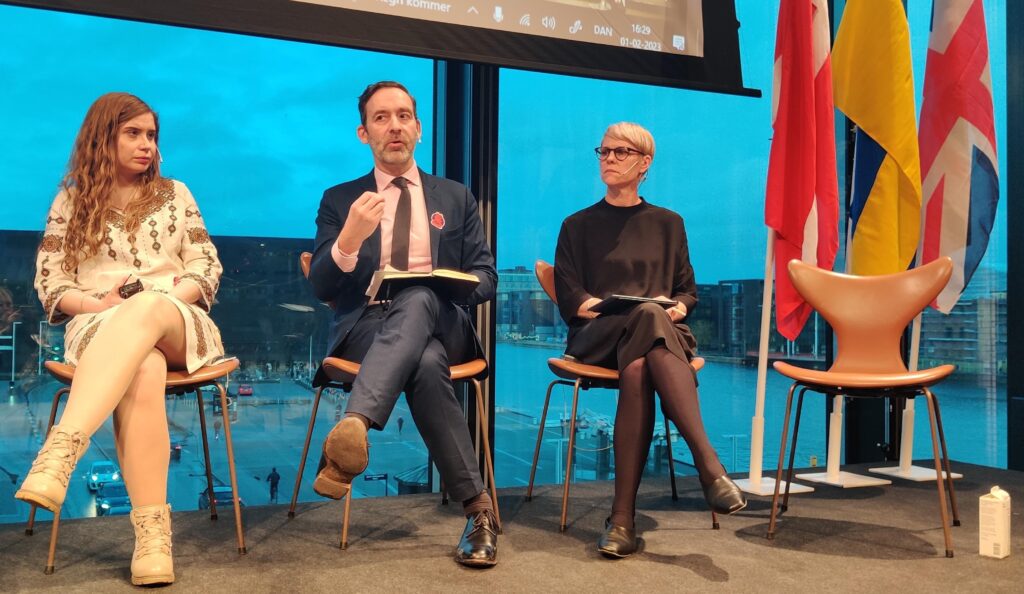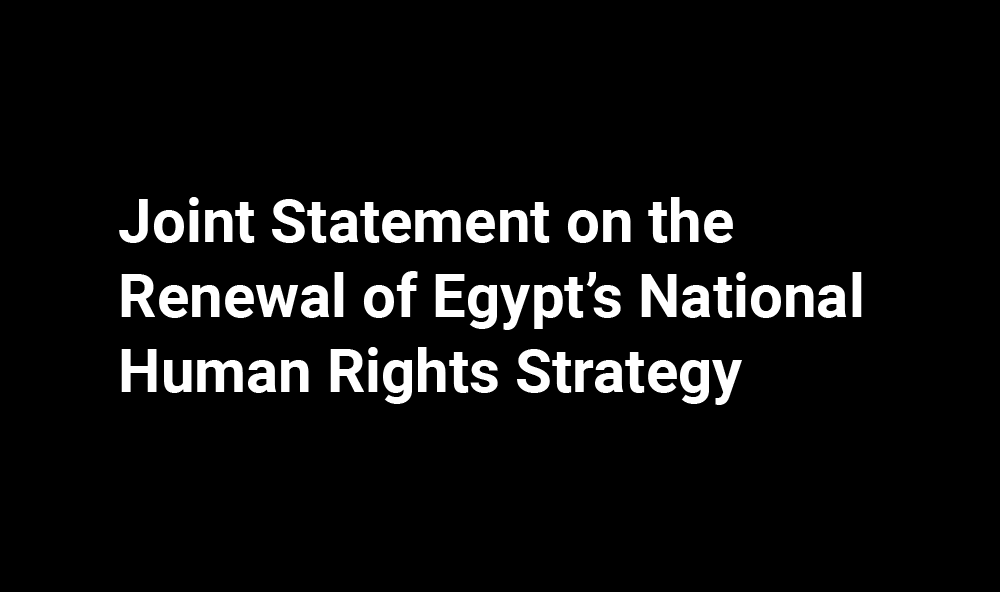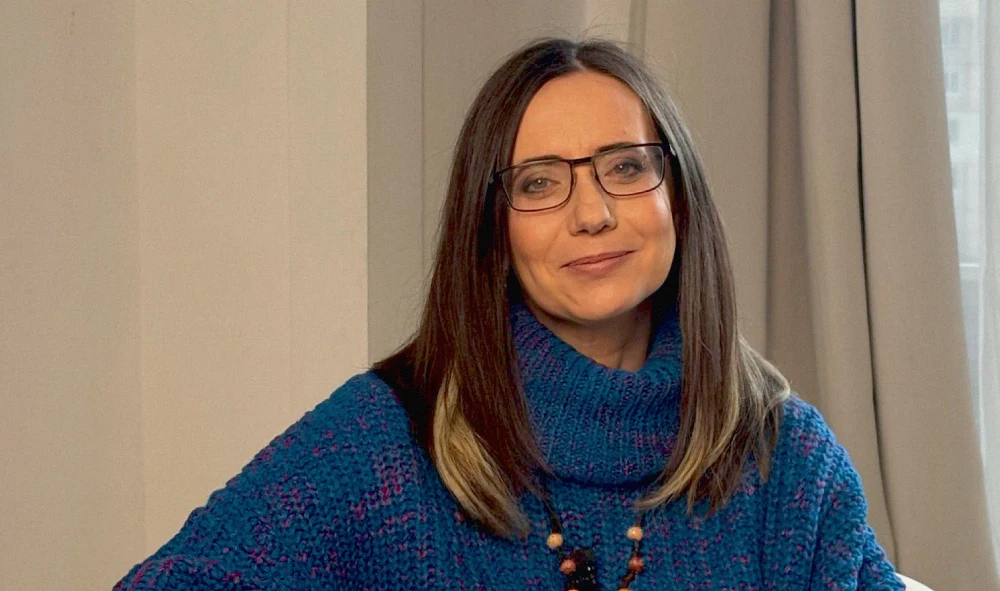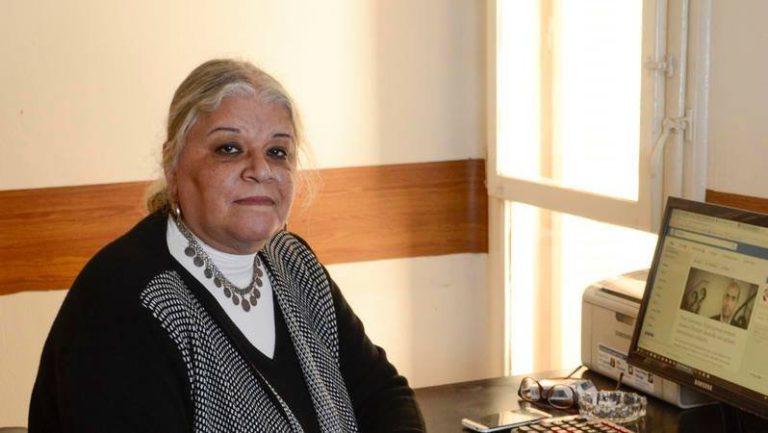This week’s two conferences in Copenhagen showed continued support from the international community for the prosecution of perpetrators of torture and war crimes in Belarus and Ukraine
»The IAPB has outperformed any expectations one could have at the beginning, and it is still needed«.
Austrian international law expert, Professor Wolfgang Benedek, made this statement when he concluded an international conference in Copenhagen on Thursday. Organisers were DIGNITY along with the foreign ministries of Great Britain, Germany, and Denmark.
The subject of the conference was the International Accountability Platform for Belarus (IAPB) . The platform, led by DIGNITY, has, since March 2021, collected evidence of gross violations of human rights around and in the aftermath of the Belarusian presidential election in August 2020.
Wolfgang Benedek was the expert who, in 2020, as a rapporteur for the OSCE, wrote very critical report on the Belarusian regime’s abuses against peaceful citizens. The report was an inspiration for DIGNITY and around 20 governments to bring the IAPB into life.
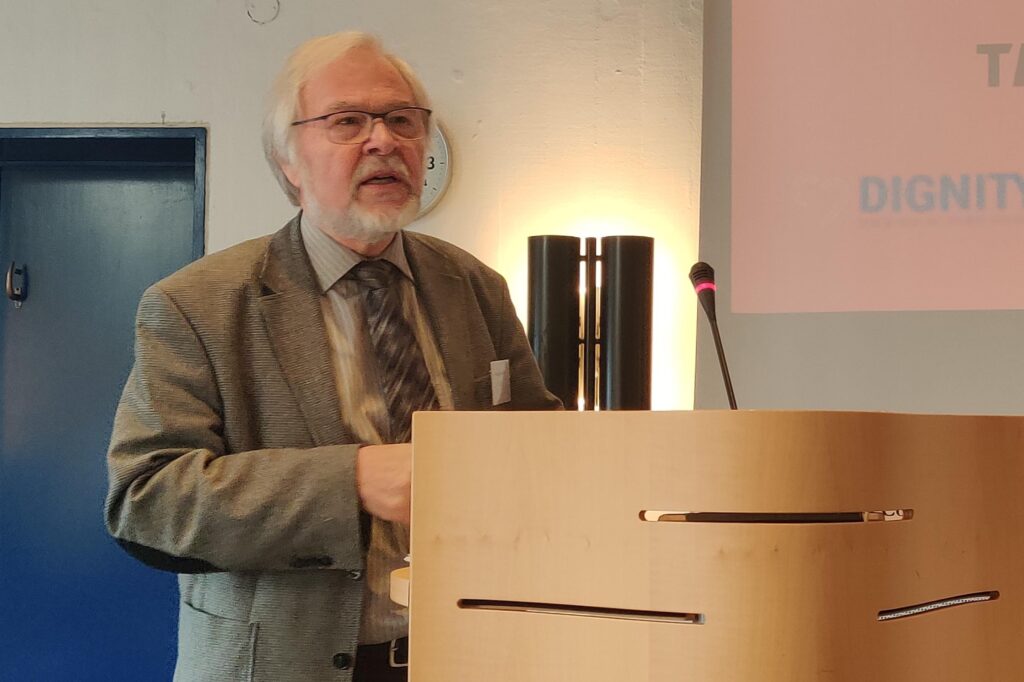
The war in Ukraine
Not only Belarus was up for debate in Copenhagen during the week. On Wednesday, there was a conference on accountability for war crimes in Ukraine at the Danish Architecture Centre on the Copenhagen waterfront. The conference was organised by the Danish Ministry of Foreign Affairs and the Copenhagen embassies of Ukraine and the UK.
Danish Foreign Minister Lars Løkke Rasmussen opened the conference together with his Ukrainian colleague Dmytro Kuleba, who appeared digitally on screen from Ukraine, and British Minister for Europe, Leo Docherty.
Lars Løkke Rasmussen talked about his visit to the Ukrainian city of Mykolaiv earlier this week and emphasized that prosecuting the perpetrators of war crimes is »fundamental to rebuild any society after a war«.
»I am proud that Denmark supports this work«, said Lars Løkke Rasmussen, referring to, among other things, DIGNITY’s efforts.
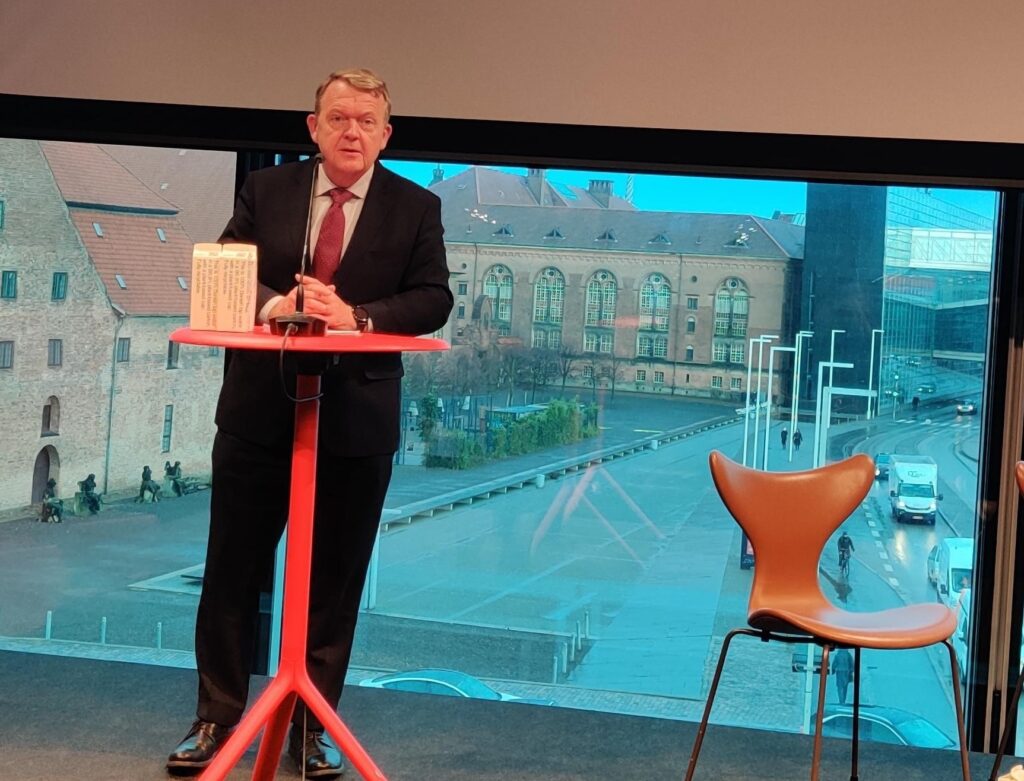
British lawyer, Sir Howard Morrison KC, who is currently an independent adviser to the Ukrainian Prosecutor General, has experience as both defence attorney, prosecutor, and judge in international war crimes trials:
»Investigations of international crimes are difficult. Especially when the war is going on«, he said.
With DIGNITY CEO Rasmus Grue Christensen as a moderator, IAPB head Kate Vigneswaran, Hanna Ovdiienko from DIGNITY’s partner Kharkiv Human Rights Protection Group (KHPG) and Rupert Skilbeck, director of the international anti-torture organisation REDRESS, discussed how to maintain focus on the victims in a war where rape and other sexual and gender-based violence are widespread.
Experience from Cambodia
Rupert Skilbeck, who spoke about his experiences prosecuting the Khmer Rouge leaders in Cambodia, made it clear to the gathering of government officials, diplomats and NGO representatives that prosecuting war crimes is a difficult and time-consuming discipline:
»Not everyone is going to get justice. And even if they do, they may have to wait 30 years«, said Rupert Skilbeck.
Hanna Ovdiienko from the KHPG emphasised the importance of thinking about the victims:
»The focus must be on the victims and their rights and not on the crimes and the cases«, she said.
Rasmus Grue Christensen talked about the important role of civil society in the collection of evidence and victim support:
»Civil society organisations are often close to victims and crimes on the ground. They often enjoy the trust of the victims, which is crucial in obtaining evidence. And then they can often act very quickly«, he said.
Read more about Belarus and Ukraine
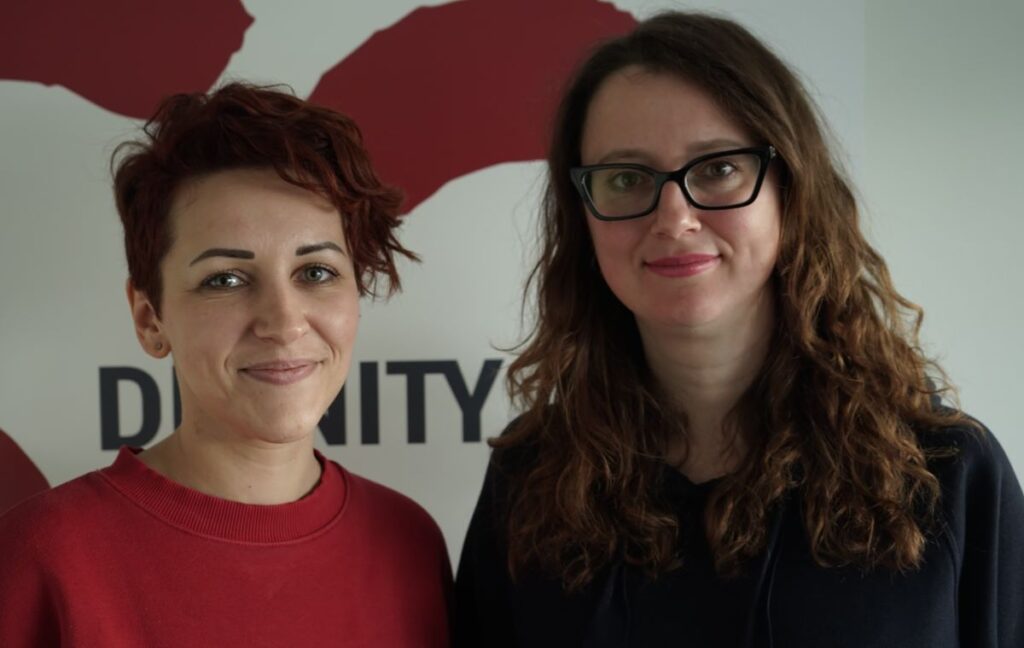
Svitlana and Tania will strengthen DIGNITY’s anti-torture work in Ukraine
Two new profiles at DIGNITY are an important link between DIGNITY in Copenhagen and the
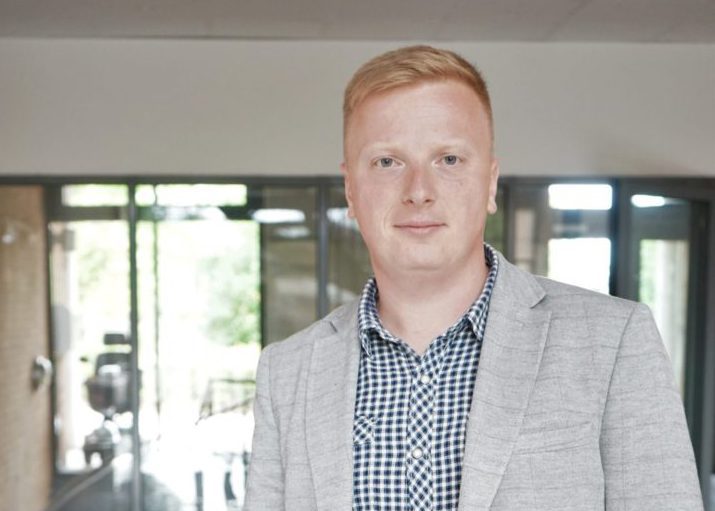
Victim support is an important component in DIGNITY’s new Ukraine project
Sometimes evidence collection in war zones fails to focus on the needs of the victims.

‘When Ukraine wins this war, it’s time for change in Belarus’
Belarusian lawyer Victoria Fedorova had to leave her exile in Kyiv because of the Russian

